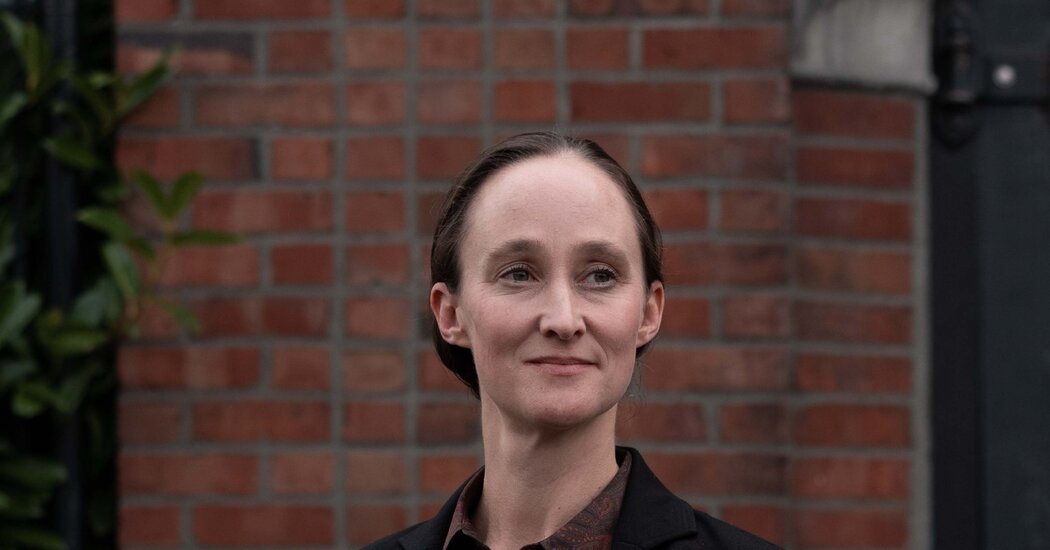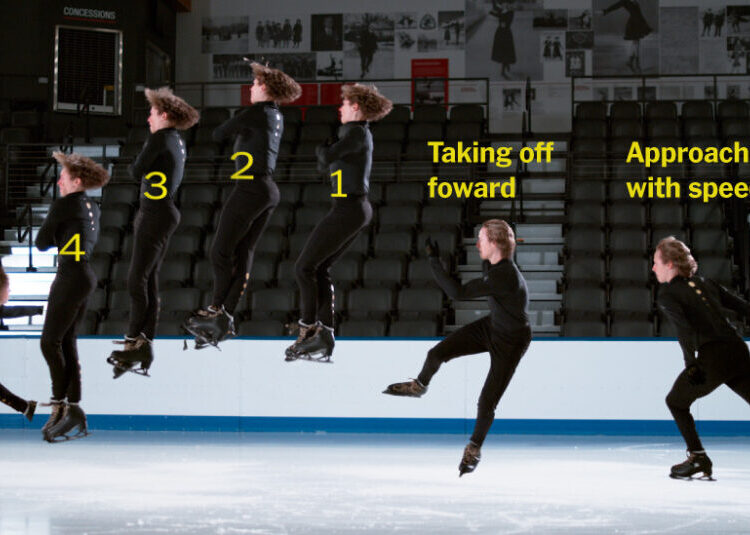
Katie Wilson, a community organizer and first-time candidate who pushed for higher taxes on the wealthy, will be Seattle’s next mayor, unseating the incumbent, Bruce Harrell, who conceded on Thursday following one of the tightest elections in the city’s history.
Ms. Wilson’s election is a Pacific Coast victory for progressive Democrats that matches Zohran Mamdani’s rise in New York.
Ms. Wilson is a co-founder of the Transit Riders Union, an advocacy group behind a number of local measures to expand transit access, increase renter protections and add housing through new and higher taxes on the rich. She had never sought public office before this year, and was prompted to enter Seattle’s mayoral race only after the incumbent, Bruce Harrell, became the public face of an effort to block a new tax on high earners to pay for housing construction.
Ms. Wilson, 43, is a Pacific Northwest avatar of the generational and ideological shifts rocking the Democratic Party. She lives with her husband and 2-year-old daughter in a rented 600-square-foot apartment, does not own a car and presented herself to voters as a champion of people, particularly Millennial and Generation Z voters, who expect to spend their lives struggling to do as well as their parents did.
“Partially what we are seeing is just the impact of big tech money in our city,” said Eddie Lin, an assistant city attorney who won a seat on the Seattle City Council last week on a platform focused on liberal solutions to a lack of affordability. “We are growing so fast, certain people are getting paid very well, but that wealth is not making its way to the rest of the community.”
Voters in Washington State cast their ballots by mail, not in person, and ballots that are returned earlier are counted before those that are cast at the last minute. Early counts in the race showed Mr. Harrell ahead comfortably, but as the counting progressed, Ms. Wilson caught up and overtook him. Historically, younger and more progressive voters have tended to vote and have their ballots counted later in the process.
By Wednesday night, she had a lead of 1,976 votes out of 275,913 cast — a large enough margin to avoid a mandatory machine recount under state election law.
Mr. Harrell, 67, has spent two decades in civic life in Seattle, but has now become the fifth straight mayor of the city to either not seek re-election or be defeated by a challenger. He ran as a moderate who promised to uphold basic Democratic Party values and show compassion toward people living on the streets.
Eight candidates for mayor competed in a single primary in August, and the top two vote-getters — Ms. Wilson and Mr. Harrell, both Democrats — advanced to the general election. After he ran nine points behind Ms. Wilson in the primary, Mr. Harrell shifted his campaign message to focus on Ms. Wilson’s lack of experience running a large organization, a message that resonated enough to narrow the race between them.
But with Ms. Wilson painting Mr. Harrell as a tool of the establishment, the usual perks of incumbency — deep-pocketed donors, a lengthy list of endorsements and broad name recognition — appeared to have worked against the mayor.
The central issue of the campaign was the high price of housing in Seattle, a topic that came up repeatedly in debates, forums and interviews.
Ms. Wilson will enter office with a City Council that appears primed to help her address the affordability question. Progressive challengers also unseated the incumbent City Council president and the city attorney in the election and won two other seats on the City Council.
The post Katie Wilson, a Political Newcomer, Is Elected Mayor in Seattle appeared first on New York Times.



